The Book of Miles
Minerva, $15.95 pb 196 pp 1863305890
The Book of Miles by David Astle
Mark Twain did Australian literature a service when he remarked that Australian history ‘does not read like history, but like the most beautiful lies’. It is an observation with which Australians are happy to identify, for it stimulates the imagination, accommodates the larrikin we like to see in ourselves, and has the effect of sanctioning the revision of a past that is not all that we might, from the vantage of hindsight, have wished. At least three writers have adopted it as an epigraph, including Peter Carey, who wove Illywhacker around the notion, and now David Astle, personalising a possible past for a corner of country Victoria.
Like a latter-day Moses, Astle catalogues history according to the plagues it throws up: rabbits, foxes, dingoes, mice, moths; gold and gambling; smallpox on the side for one part of the population; white settlement itself as a kind of creeping, unscrupulous pestilence.
By the age of twelve, Jack Noonan has been seduced by golden tales of the New World. Just five years later he gathers himself the necessary wife and blusters and blarneys his way across the globe from the tin mines of old Cornwall to its miniature replica north of Adelaide. Gold proves elusive in Wallaroo, Bendigo, Wangaratta, Tallangatta, but there’s a bounty on bunnies, and Jack becomes a trapper and poisoner, taking his place in the town as the one who handles plagues and tells and lives tall stories.
Isabelle is pregnant when they leave England and a child is born en route, to be called Hanley after the ship’s captain and pacified (fancifully? riskily?) on ping-pong balls bound in bag loads for Ceylon. In the colony, young Hanley makes an Aboriginal mate who remains the family’s token black reference long after he dies of smallpox and is incinerated. Jack has a crude and cautionary tale of how the blacks came into being, and a generation later Hanley’s half-brother Miles hands on a story that is hardly more enlightened. In this regard, Astle has eschewed the revisionism that has seen writers hustle humanitarian characters into their novels ever since genocidal guilt got the better of us: his Jack is convincingly cunning about sneaking good farm land from beneath Aboriginal feet – and equally about passing the buck to the church when the chance arises.
Indeed, in the struggle for survival, the fight to ‘fend off the continent’s soul, that vast weight of air chat presses us down’, as Isabelle expresses it, there is little concern in this country community for anyone of a competing colour. Post-war migration (Bonegilla is smack in Astle’s purlieu) represents yet another plague – ‘Slovens from Slovenia, Stones from Stonia’; the poetic and engaging Sikh hawker, Pola Singh (a Hindu to the careless local populace, some of whom lose out over the difference), commends the smallpox because it ‘singles out nuisances’ and ‘hauls the black down with god sent efficiency’, though he owns that his attitude might be different were the Djaimathang better customers. When Pola himself meets a ludicrous end in the no-man’s waters of the Murray, he in turn attracts scant sympathy: ‘With a black turban, you could imagine, chocolate skin, spotting the bugger was pissing in the wind. “Canny swim?” “Gonna learn.”’
Miles’s present – and ours – frames the novel, which tells the tales of a century in a multiplicity of voices, most of which nevertheless carry the author’s own complicated, allusive overtones. Miles, a refugee from his wife’s recent funeral, and awaiting a first grandchild, mounts a promised mission to the past, seeking out his father’s significant sites and their triumphantly tacky memorials (and here the reader is encouraged by the novel’s energetic and often creaky contrivance to suspect that the visual consonance of ‘plague’ and ‘plaque’ is not unintentional. The fortunes of family, and district, from the 1860s to the 1950s, are highlighted by Jack’s remembered bursts of braggadocio and occasional mythic victories, and culminate in the flooding of Old Tallangatta by the enlargement of the Hume Weir. Surly eighty-year-old Hanley’s refusal to shift with the rest to the new town, and the bizarre solution that is found to his situation bring a larger-than-life era to a fittingly extravagant end.
Astle has set his story in Hume and Hovell country, and symbols of that acrimonious 1824 expedition resurface in various guises throughout the book: the ubiquitous odometer that measures weir-width for State Rivers technicians becomes in Jack’s hands a trolley dropping strychnine apple for pre-myxomatosis rabbits; funnel-nets trap fish, or rabbits, or folk; the divided frying pan is almost impossibly stretched to accommodate Noonan and his most resistant paramour. The book is rich in these kinds of connections, but many seem over contrived, as does, in too many places, the deliberately poetic language. Perhaps it is simply a matter of personal taste – if so, the idea of snooker players making ‘seasonal adjustments’ to allow for obstruction by Bogong moths appears to mine, as does librarian Miles’s Dewey Decimal Classification of his acquaintance, and his description of himself as ‘a man bent-backed with memory and the bed sores of doing nothing’, while the linguistic contortions of a dowser ‘veering in abidance to his shimmering oracle’ leave me cold. Astle’s prose tends to remind one that there is often a fine line between effective and affected.
Reading the novel in proof as I am, it’s particularly hard to work out whether all the little ‘mistakes’ – left hand/right hand, Harold/Henry, and the quite peculiar rendition of numbers of shillings – are editorial sloppiness or deliberate discrepancies in remembered history, tiny manifestations of the epigraph’s ‘beautiful lies’.
The Book of Miles is a brave, often insightful and splendidly localised attempt among a probably necessary plethora of such attempts – to help us possess our past, to place us on our own maps. It would have been more unequivocally successful if the author hadn’t tried so hard for effect, undermined his wit so often with his loquacity, or veiled his intelligence in so much verbosity.


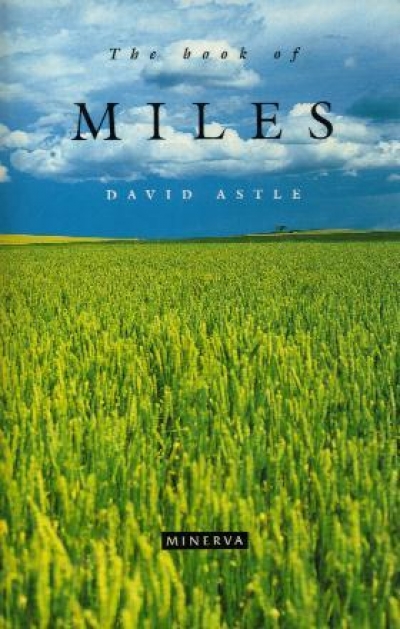
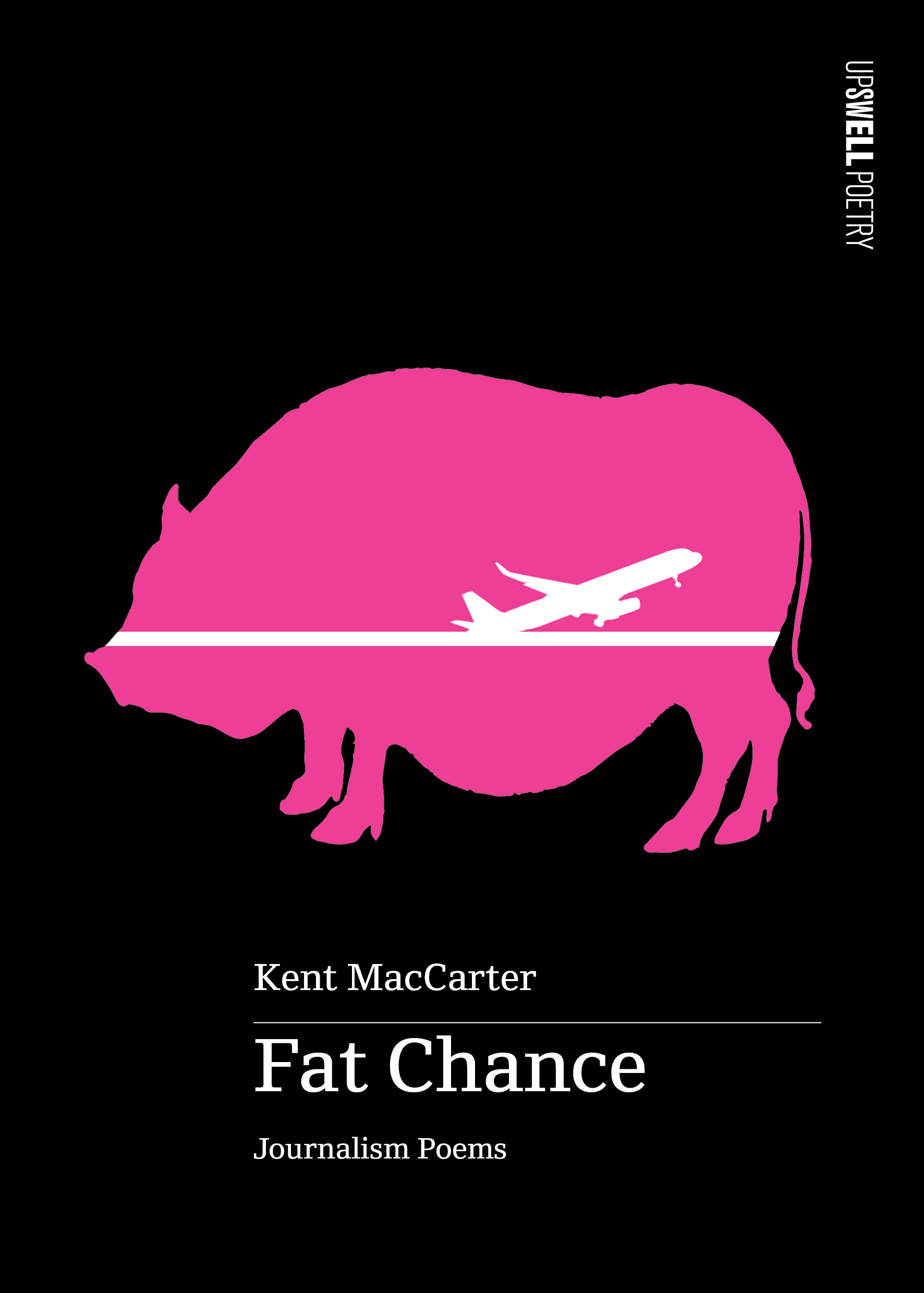
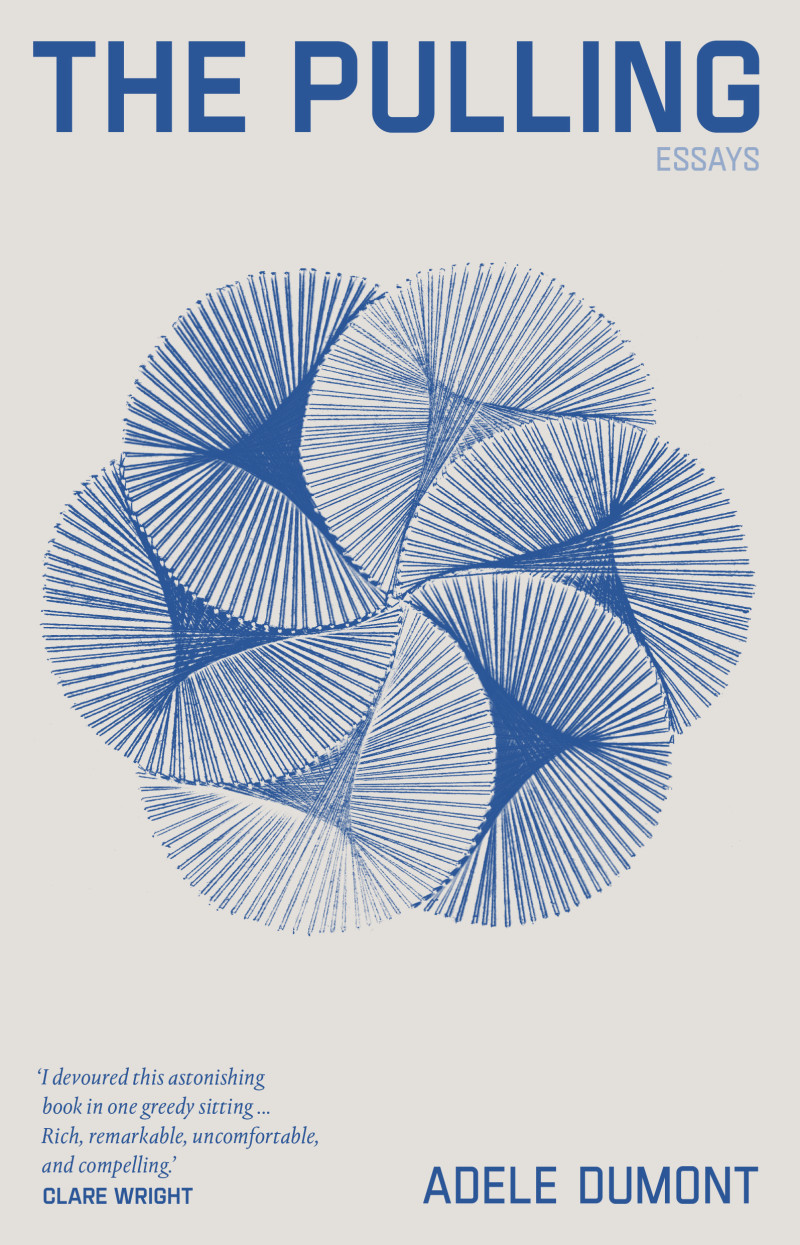
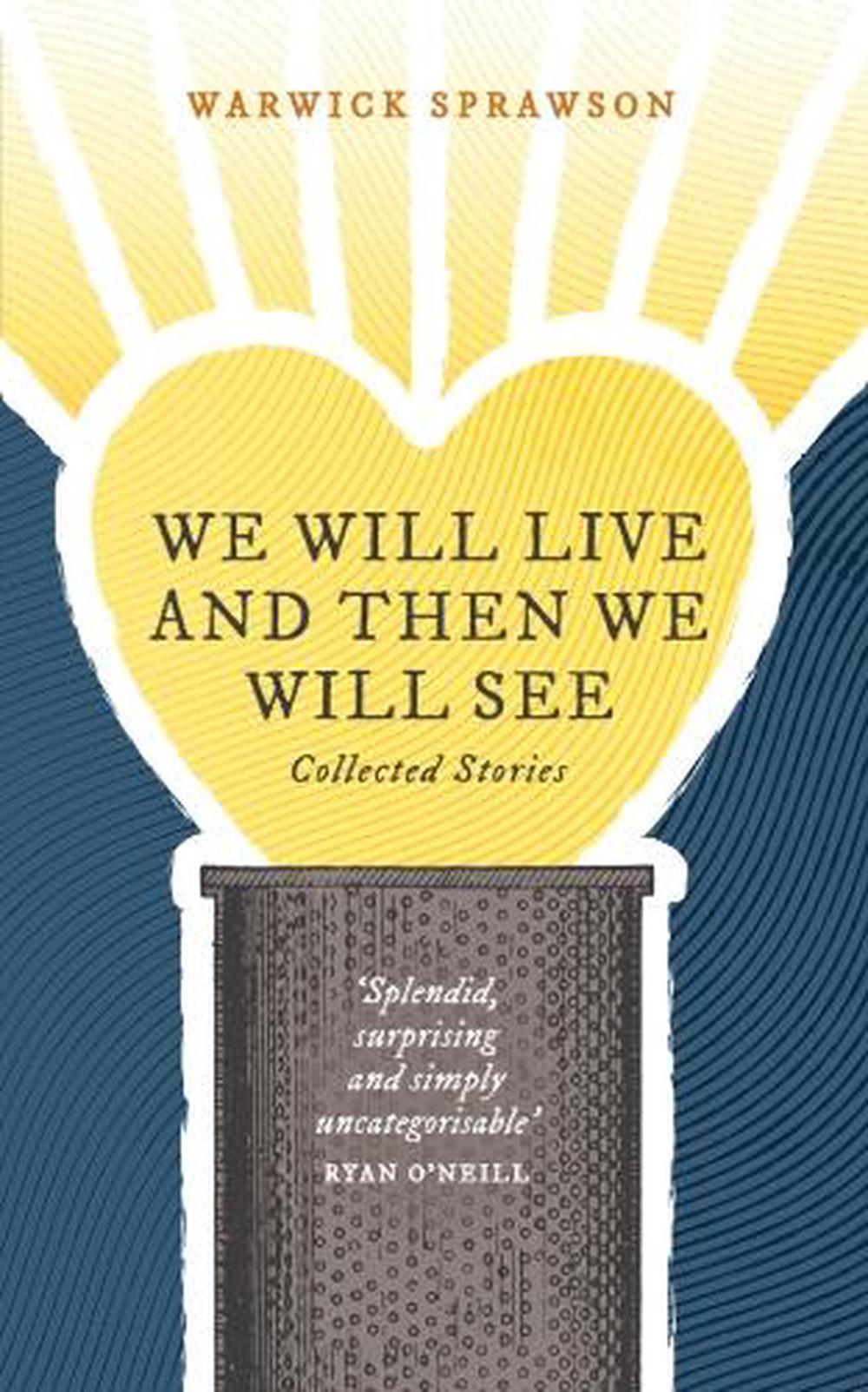

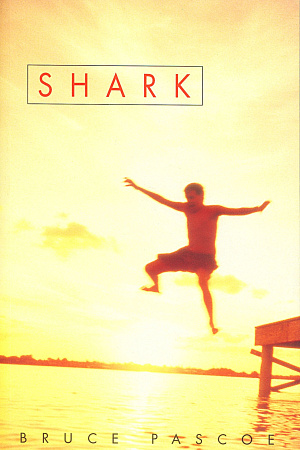

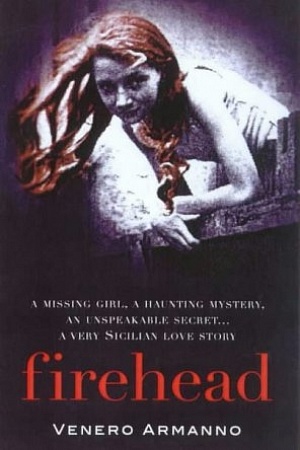
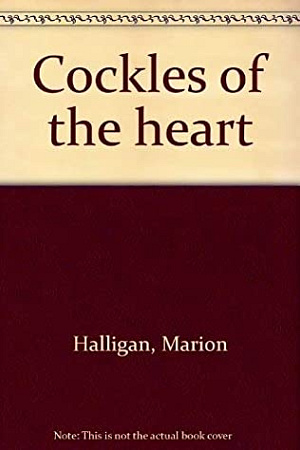
Leave a comment
If you are an ABR subscriber, you will need to sign in to post a comment.
If you have forgotten your sign in details, or if you receive an error message when trying to submit your comment, please email your comment (and the name of the article to which it relates) to ABR Comments. We will review your comment and, subject to approval, we will post it under your name.
Please note that all comments must be approved by ABR and comply with our Terms & Conditions.